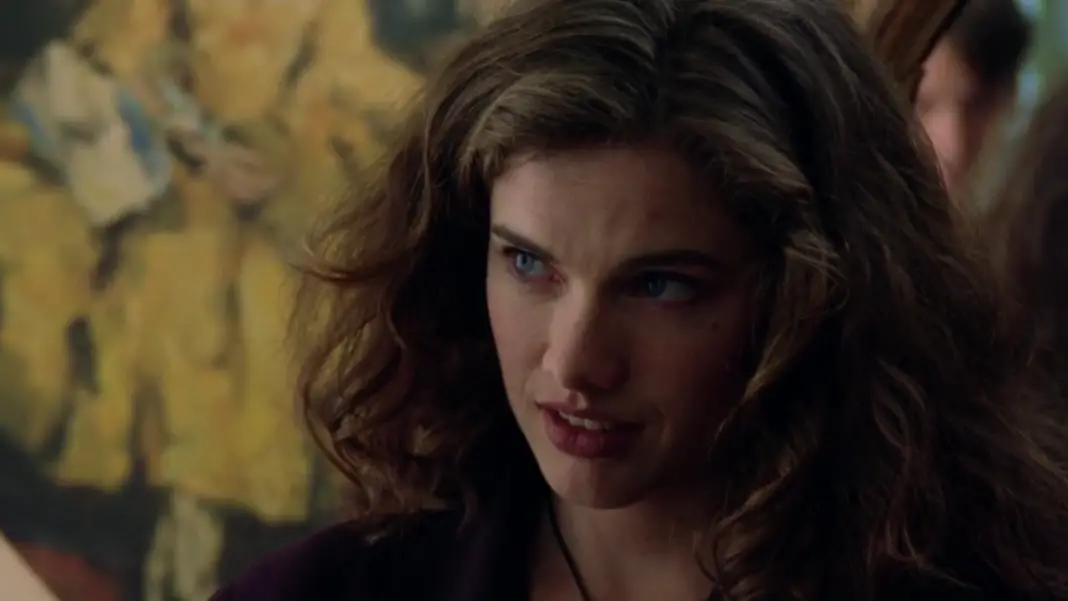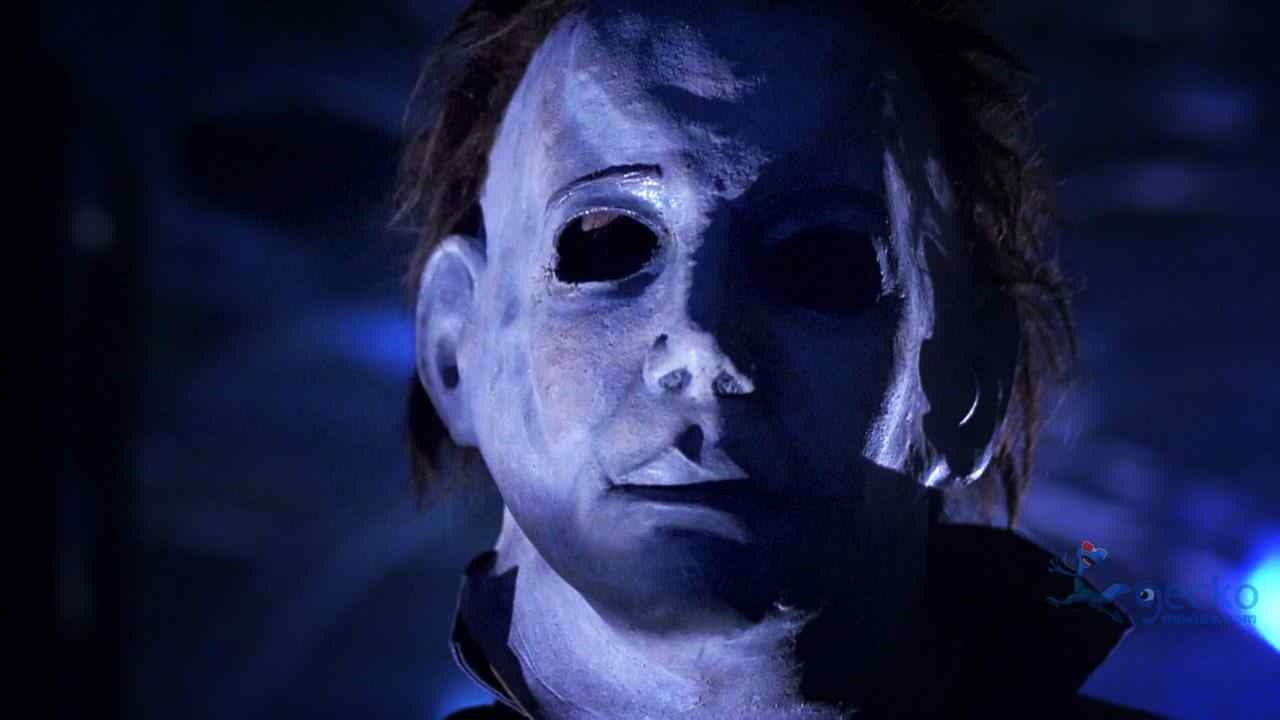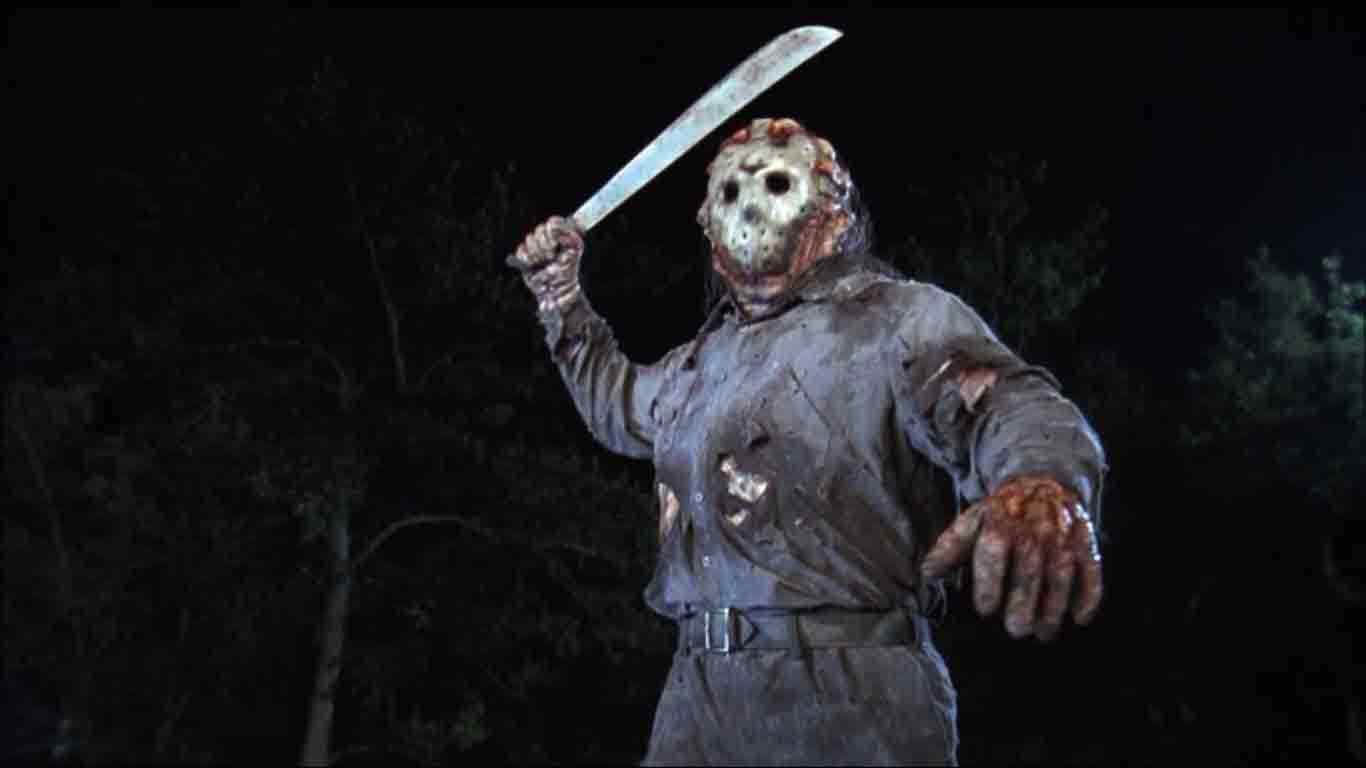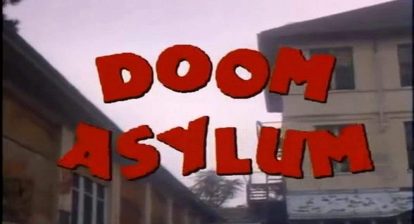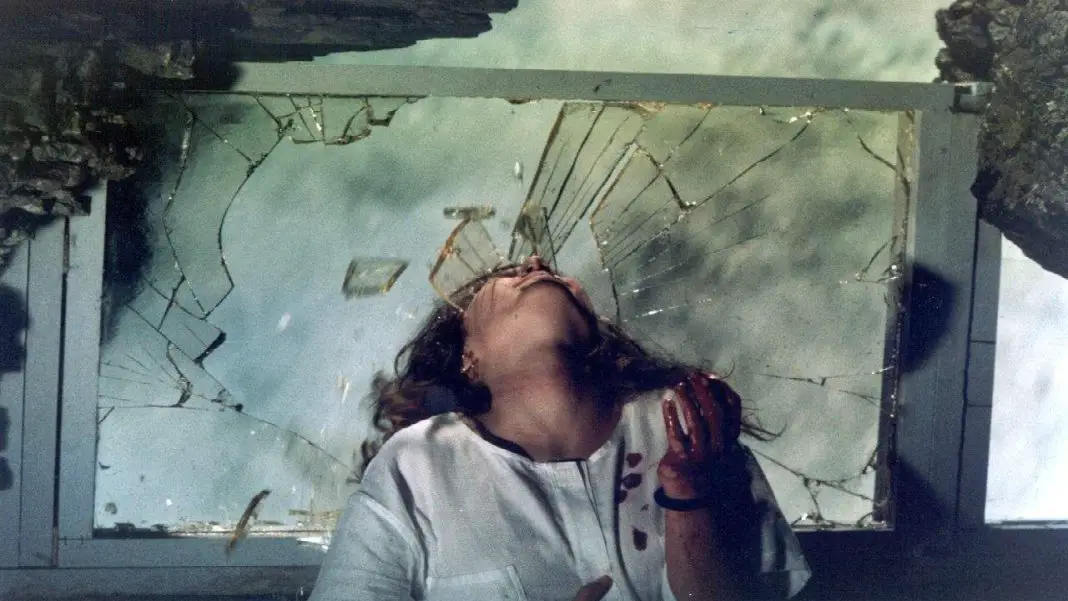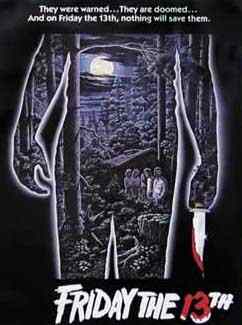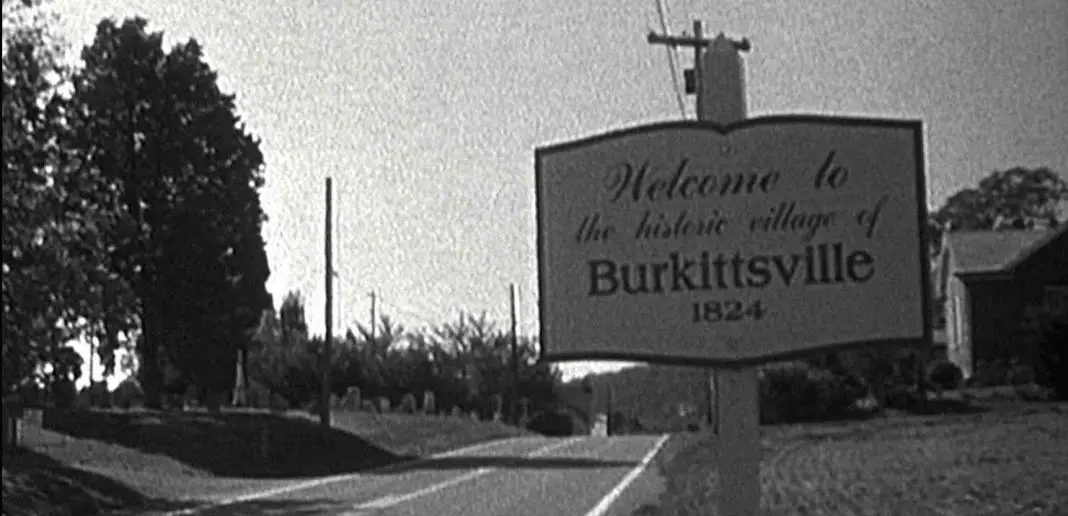When a horror movie is hugely successful, sequels are an inevitability. Quickly after that, it can blossom into a franchise. Typically, it doesn’t take long for the films that follow to become convoluted. Sequels are pumped out on a regular basis with only the vaguest regard for overall quality and generally no attempt at cohesion for the series at large. Sometimes these sequels wind up making it harder for the franchise to continue. Other times, they just drive the ongoing plot into a corner or maybe they present a story that is hard to follow up. This can come about in many different ways. Filmmakers who don’t understand the material or know what direction to take the series in can often mean the death of a property. Other times, it might just come down to a fickle audience that isn’t ready for something new. Here are four horror sequels that cursed their own franchise.
Halloween: The Curse of Michael Myers
This one is obvious. While I admire its ambitions, it didn’t work. It’s actually famous for how much it didn’t work. But its tough to blame it on any particular person or even a single group of people. Curse of Michael Myers inherited its problems from Halloween 5, which introduced random plot elements it had no intent of tying together, leaving a mess for the next person to clean up. The sixth film did the best it could at trying to tie together the series’ plot holes and it deserves credit for that. There was nowhere to go after this overly intricate storyline and Halloween: H20 essentially had to unofficially reboot the franchise in attempt to get back on track.
Related: The Curse of Michael Myers isn’t Actually a Bad Film: Here’s Why
Wes Craven’s New NightmareWes Craven returned to the Nightmare on Elm Street franchise a decade after he made the original with New Nightmare, which is one of the best of the franchise and one of the best horror movies of the 1990s in general. It’s an incredible, fascinating film. But it actually hurt the series overall. People, at the time, didn’t want a commentary on the movies they just wanted to see Freddy back in action. While New Nightmare did have that, it wasn’t enough to appease movie goers and the film didn’t make much at the box office. It was a great picture, but because of dismal box office returns and a major plot departure, it made a follow-up virtually impossible. After that, it was nine years before Freddy vs. Jason would finally get off the ground.
Related: New Nightmare was a Sequel Ahead of its Time [Retrospective]
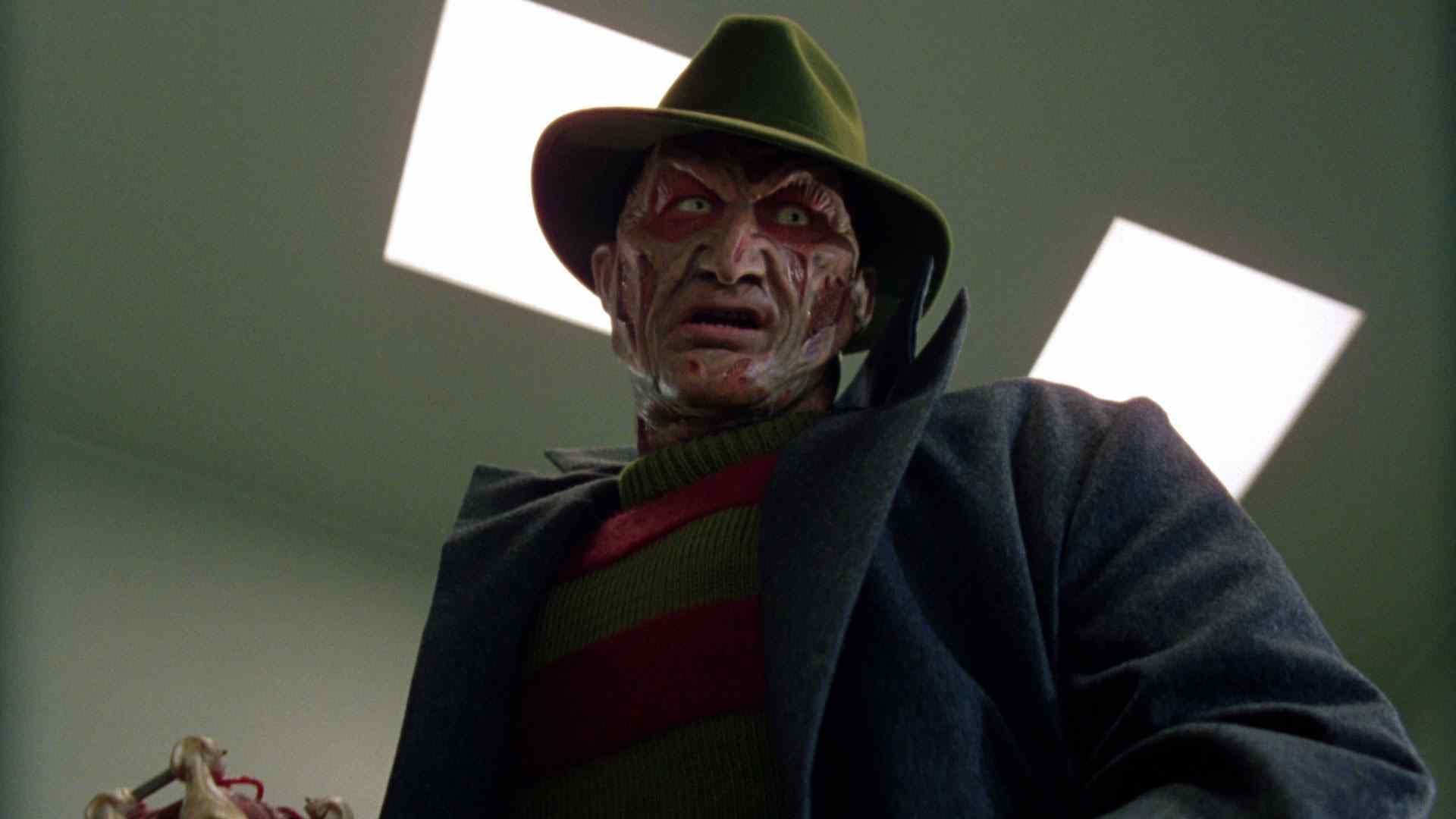 Texas Chainsaw Massacre: The Next Generation
Texas Chainsaw Massacre: The Next Generation
The Texas Chainsaw Massacre series has never been much for continuity. Each movie is completely different from the last while, at the same time, being a vague remake of the first. Next Generation is the worst offender though. It was made after the third had a terrible run at the box office and was directed by original co-writer Kim Henkel to try and restore the series to its former glory. It failed miserably. Despite featuring both Matthew McConaughey and Renee Zellwegger, it was a totally nonsensical entity that suggested the whole series was actually part of an Illuminati, possibly extraterrestrial plot to maintain control over life and death. This ended the original franchise. Remakes, a prequel, and a soft reboot have followed with varying degrees of success.
Also See: Script to Pieces: Beyond the Valley of the Texas Chainsaw Massacre

Jason Goes to Hell: The Final Friday
This one’s tough because the intent was to end the Friday the 13th series. But it was also planned for Freddy vs. Jason to follow fairly quickly on its heels, as is evidenced by the ending. But Freddy vs. Jason wound up not happening until ten years later. Jason Goes to Hell was so different from what people were expecting that it hurt the property more than it helped. While the crossover had its share of development problems, Jason Goes to Hell did little to help keep Jason alive in the public consciousness.
Related: Why Jason Goes to Hell is Worth Another Look
Follow us on social media! Twitter, Facebook, Instagram, and Youtube.
